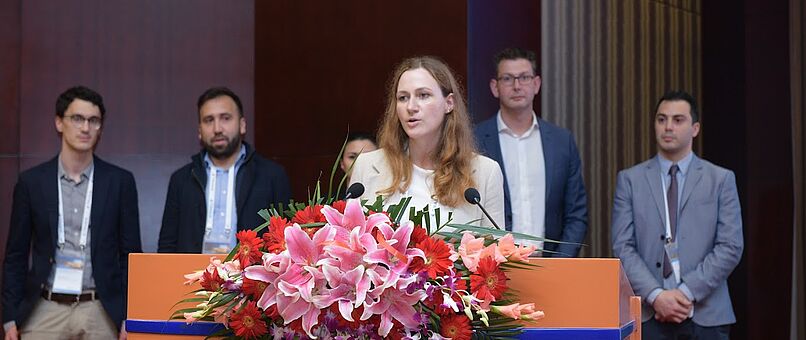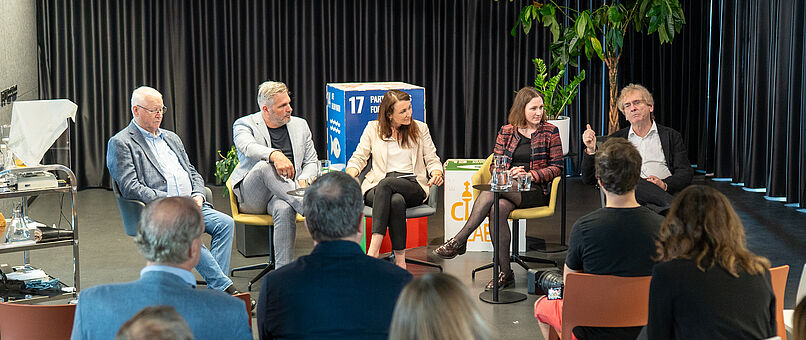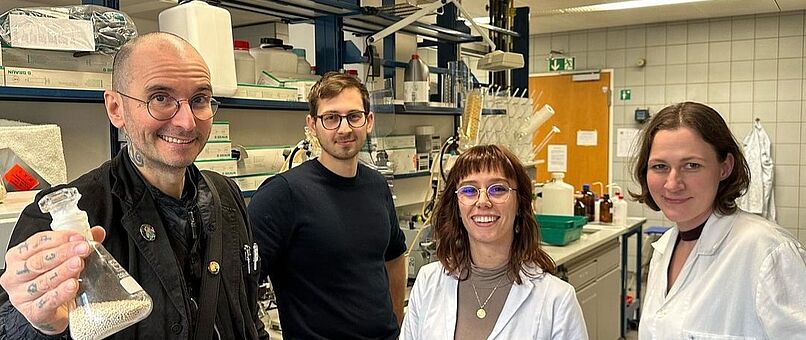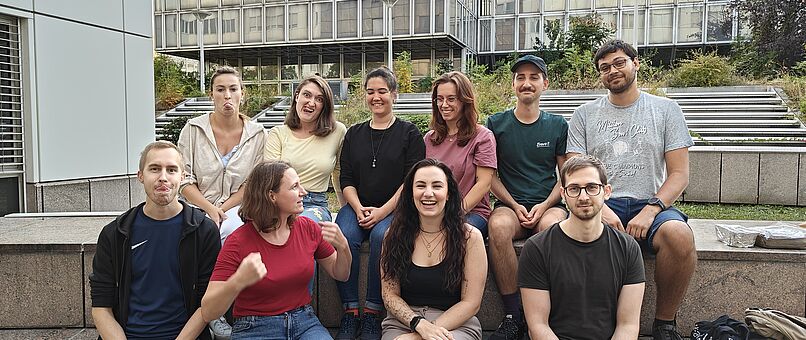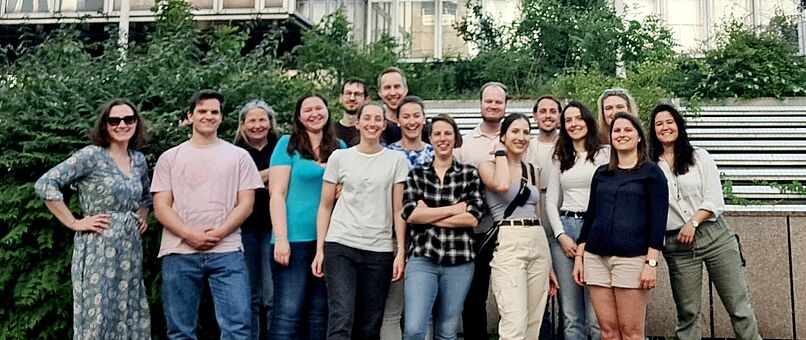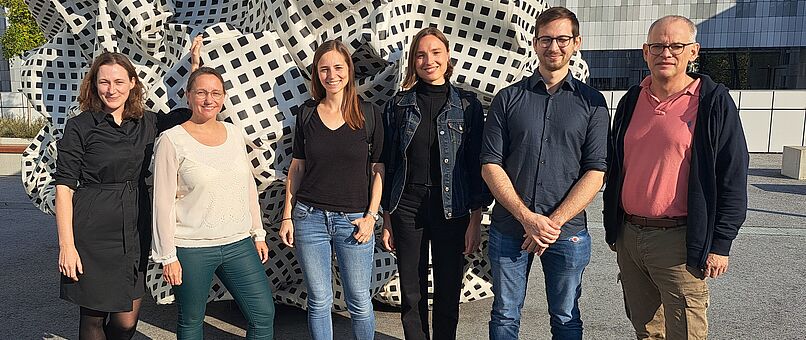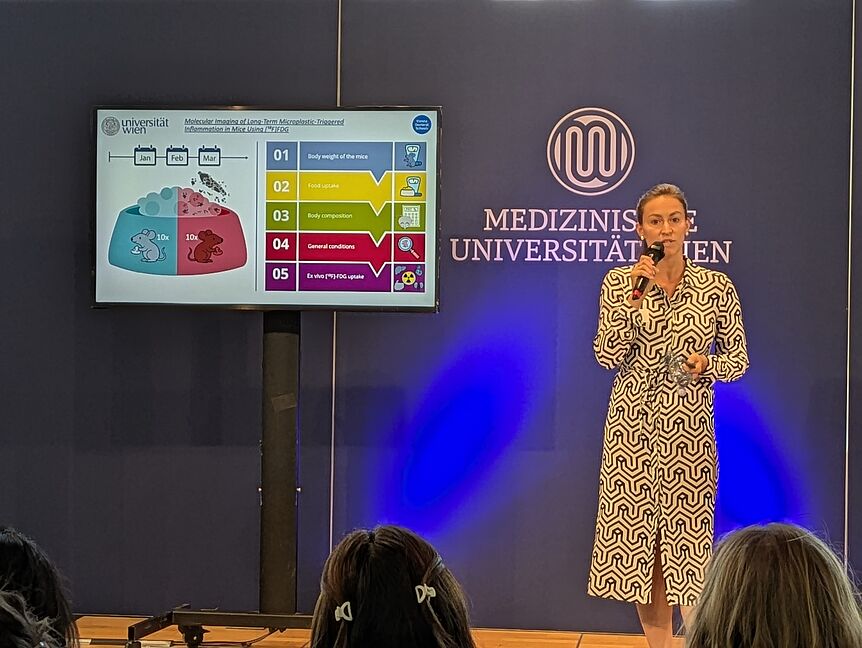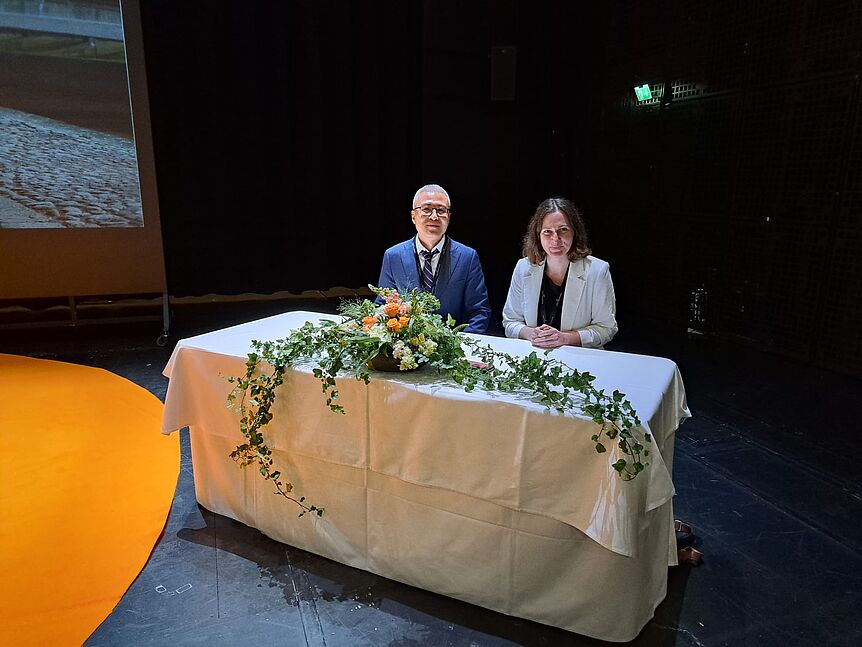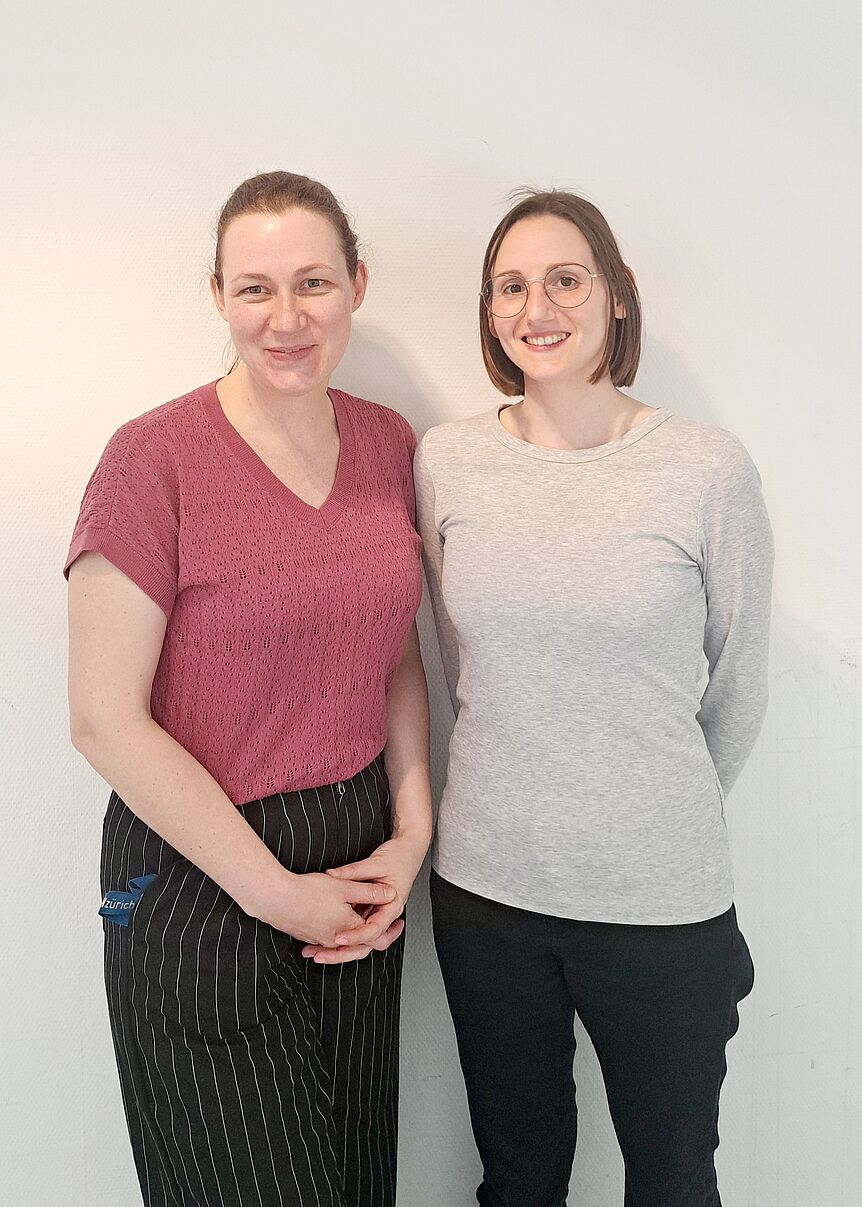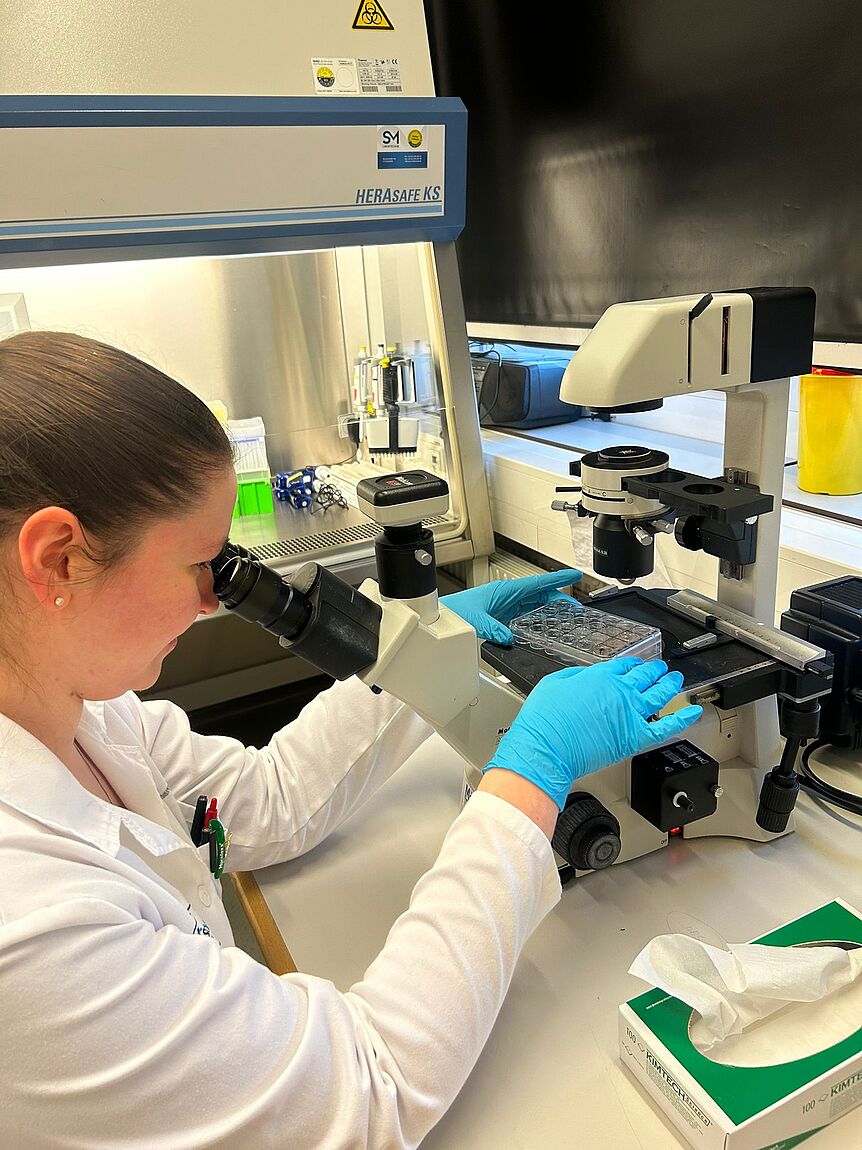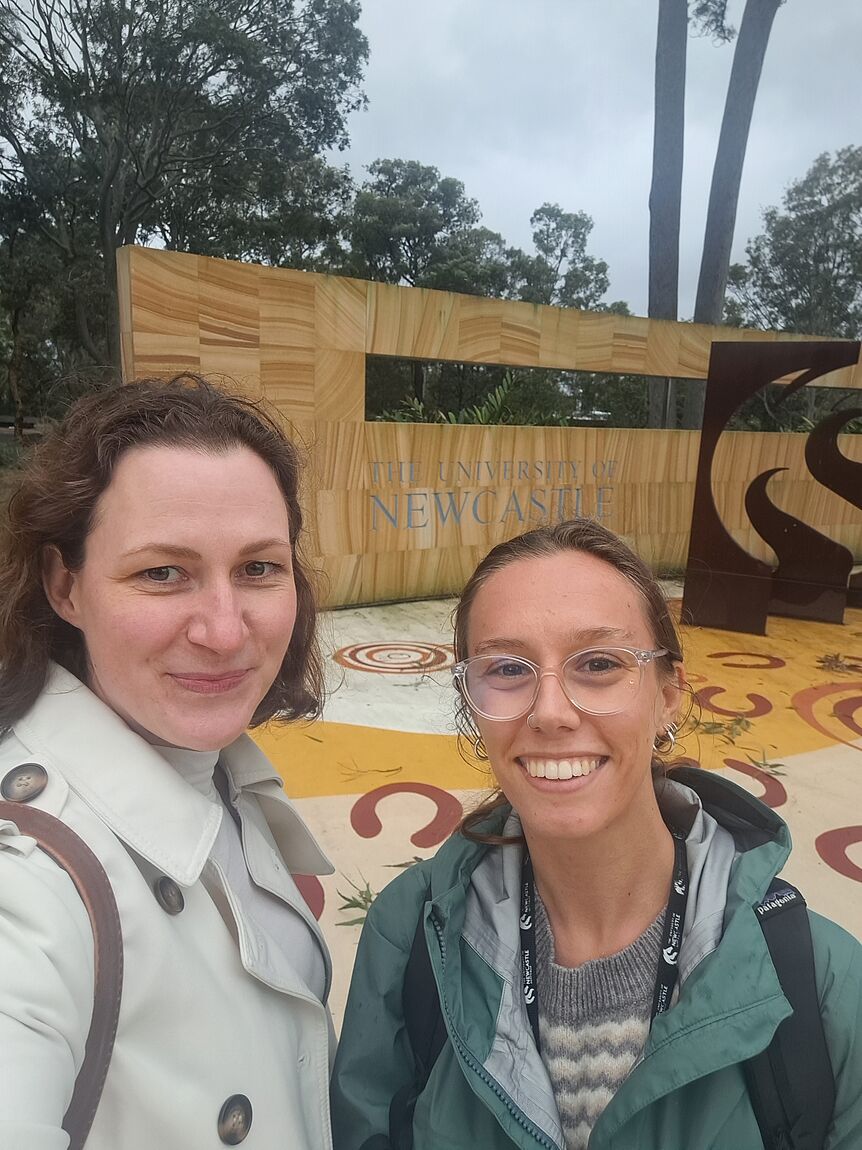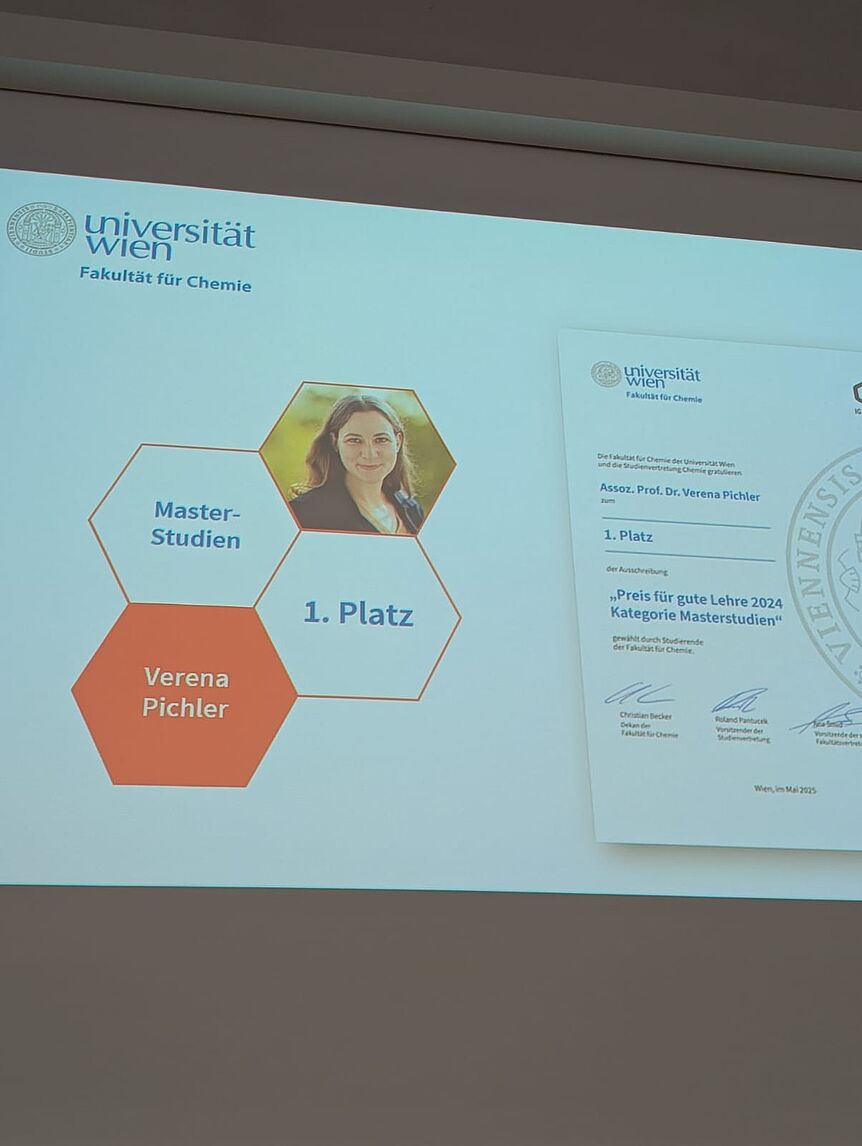Our focus is on neurochemicals acting on the peripheral and central nervous system
We are enthusiastic about neurochemicals acting as agonists or antagonists on G-protein coupled receptors located in the peripheral and central nervous system. Our goal is to address the clinical needs to diagnose and treat the neurological pathologies at the origin of the disease; thus, avoiding a merely systematic treatment and rather stopping or delaying disease progression.
The chemical structure of small molecules is the key for successful drug design and development for both imaging probes and therapeutics. The combined, interdisciplinary knowledge of medicinal chemists, pharmacists and physicians allows drug adjustment and pave the way towards the application of our substances as tools for image-guided therapy.
The bottleneck of the drug development process is the preclinical screening of a compound library, as we still lack substantial methods for a fast and reliable biological assessment. We developed a complex dynamic 3D-cell culture method, which mimics the tissue situation and has the potential to fasten the screening process. Moreover, it conforms with the 3Rs (reduce, replace, refine) rule in animal ethics and will contribute to reduce the number of animals needed in drug testing.
Our main interests lie in
- Inventive drug and tracer development of neurochemicals
- Innovative drug screening methods
- Interdisciplinary approaches close to medical application
EANM 2021 Plenary Lecture - Isotopes Past and Future
Missed the EANM 2021 plenary lecture on the availability of medicinal radioisotopes.
You can still watch it here.
CBmeds microONE promo video
For the SDG-3 presentation at the austrian parlament, our consortium of the FFG funded microONE project (CBmed, Univie, MUW, among others) produced a nice promo-video. Thank you to Thomas Wadsak for the nice production. (German only)

